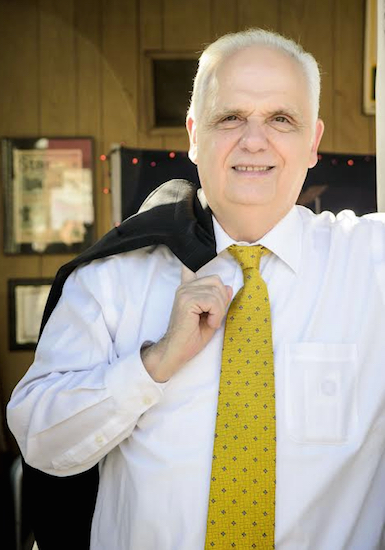Here’s how Joe Lentol helps get movies made in NYC
Assemblymember Wants to Do the Same for Music

Joseph Lentol is now one of the more senior members of the New York State Assembly. He was first elected to his North Brooklyn seat in 1972. Photo courtesy of Assemblymember Lentol’s Office
If Assemblymember Joseph Lentol was a baseball player, then you would have to say that he hit a home run in his first at-bat in the major leagues. When he originally arrived in the Assembly, he shook off any freshman fears he might have had and managed to get the first bill he ever sponsored passed. This is a rare occurrence in Albany.
The year was 1973. Lentol, a Democrat representing Williamsburg, had won election to his assembly seat in November of 1972 by the skin of his teeth, beating Republican Vincent Abate by a mere 400 votes. “It was one of the closest general elections ever held in Brooklyn,” Lentol told the Brooklyn Eagle. Abate “was a popular guy,” Lentol recalled.
